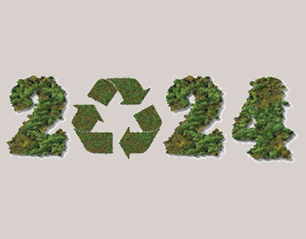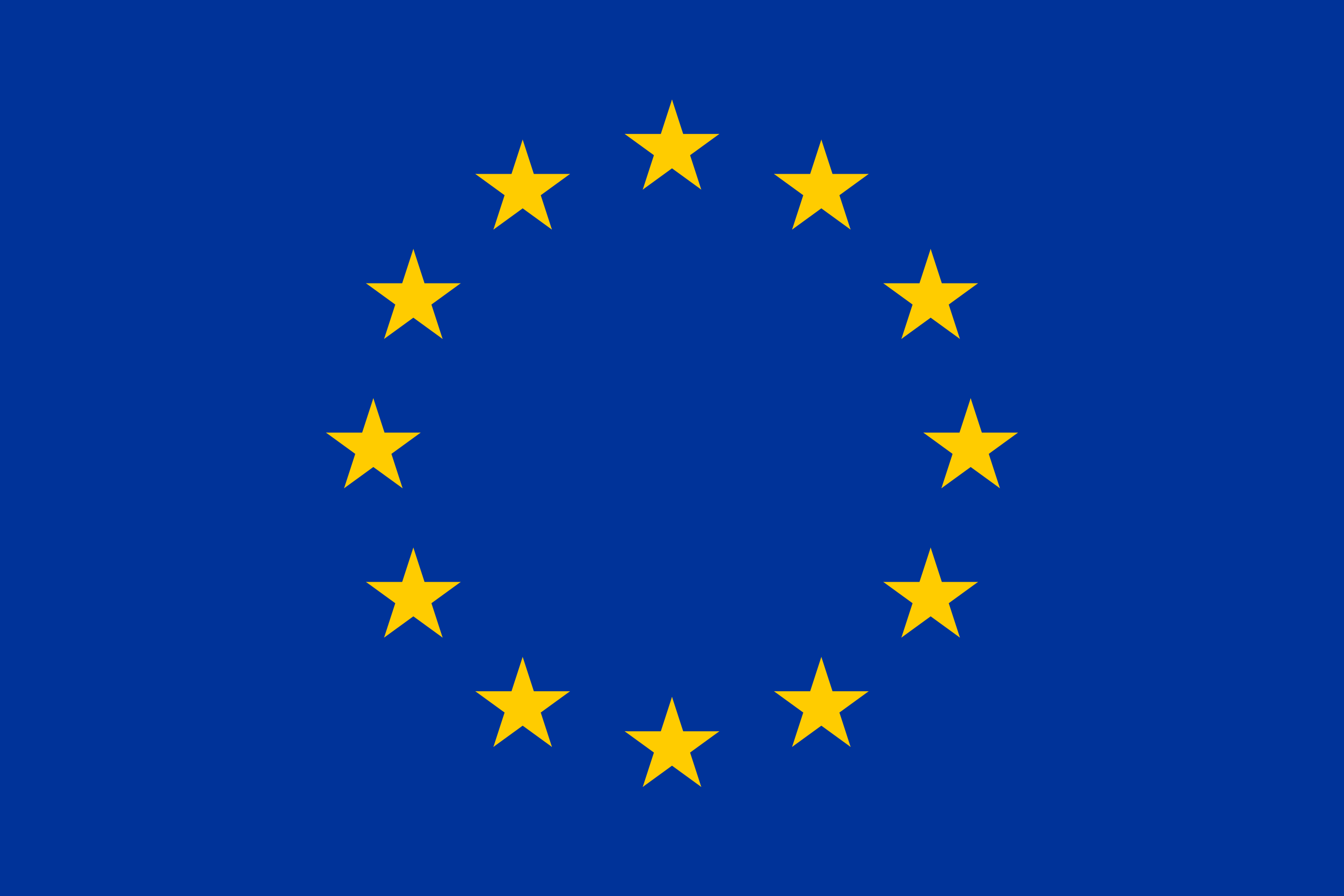About the Project
Project
Description
Sustainable Wastewater Treatment for Hospitals / SWaTH is a 3-year project co-funded by the Erasmus+ Programme of the European Commission, Key Action 2: Cooperation for innovation and the exchange of good practices. The Project is carried out under the centralized activity “Capacity-building in the Field of Higher Education” / AC–A02–2019–CBHE.
The Project Consortium brings together 11 organizations from five European and South Mediterranean (Region 3) countries – France, Sweden, Finland, Spain, and Lebanon.
The project's motive is to bring together European Higher Education Institutions and European factories that own and supply cutting-edge developments, extensive international experience, and innovative learning practices and Higher Education Institutions from Partner countries in the Southern Mediterranean – Region 3 (particularly Lebanon) that need and demand the same practices, expertise, and developments.
SWaTH, coordinated by the Faculty of Engineering at the University of Balamand – Lebanon, is a national project that will:
- Train 100 Lebanese scientists by participating in many specially designed training courses and workshops.
- Provide 34 scholarships to Lebanese students to refine their scientific knowledge in topics related to waste management.
- Evaluate the methods currently used in Lebanon for hospital wastewater treatment and compare them to best practices in various European countries.
- Assess the social and environmental impacts of wastewater treatment through social and Environmental Life Cycle Assessment (LCA) studies.
- Establish a leading Center/Laboratory in Lebanon for the characterization and analysis of wastewater.
Incorporating the systematic approach, SWaTH is broken down into 5 coherent work packages (WPs) as follows:
- WP1 Preparation—This work package creates a comparative analysis of the methods currently used in Lebanon for hospital wastewater treatment and European best practices. WP1 aims to identify gaps and needs for improvement as well as skills and competencies that need to be acquired and/or developed to improve the capacity of faculty members in Partner countries in line with international and European waste management standards and policies.
- WP2 Development—This work package addresses the issue of sustainable waste management. WP2 aims to conduct Social and Environmental Life Cycle Assessment (LCA) studies and establish a leading center/laboratory in Lebanon for the characterization and analysis of wastewater.
- WP3 Quality Assurance—This work package is at the heart of the Project, where quality assurance and evaluation will be carried out throughout its lifespan. WP3 aims to elaborate fundamental texts (e.g., e-forms, policies, templates, etc.), design self-assessment reports, and analyze and develop corrective actions if necessary.
- WP4 Dissemination & Sustainability—This work package aims to publicize the Project by increasing the visibility of ongoing and upcoming activities and outcomes through the website, the mobile app, and social media platforms. WP4 also helps to maximize the impact of activities on target groups. Furthermore, WP4 is designed to boost the Project's sustainability and advertise and promote successful experiences and best practices.
- WP5 Project Management—This work package aims to guarantee the achievement of all planned activities according to the deadline, budget, and scope. For this reason, different committees and councils will be formed, and the consortium will have a hierarchical structure that ensures effective communication and cooperation.
For the description of SWaTH in the Erasmus+ Project Results Platform, please click here.
Aims and
Objectives
Aims
The SWaTH Project aims to support the modernization, accessibility, and internationalization of the Higher Education field in the Southern Mediterranean countries, in particular Lebanon, by:
- Developing a transnational cooperation system between the different organizations from the participating countries with the aim of capacity building, scientific cooperation, and knowledge transfer.
- Promoting voluntary convergence with EU developments in the Higher Education sector by providing examples of best practices and recommendations, guidelines, and European expertise.
- Improving the quality of higher education and enhance its relevance for the labor market and society.
General objective
The main objectives of the Project include:
- Improving the competencies of university lecturers in engineering sciences through their effective participation in many specially designed training courses and workshops.
- Modernizing the chemical engineering degree in the Partner country (Lebanon) by converging with European educational standards and integrating innovative teaching and learning approaches.
- Developing a transnational cooperation system between universities and companies from Europe and Southern Mediterranean countries (Region 3 – Lebanon) for the exchange of good practices and experiences.
- Promoting the internationalization of Lebanese Higher Education Institutions due to their continuous cooperation with European countries.
- New research skills that lead to more funding opportunities
Specific objectives
The specific objectives of the Project are as follows:
- Refining the scientific knowledge of key Lebanese faculty members in topics related to waste management.
- Pioneering social and environmental Life Cycle Assessment (LCA) studies on wastewater treatment.
- Fostering the mobility of students and faculty members through short- and long-term training courses and workshops.
- Enhancing the employability of Lebanese graduate students on both national and international levels.
- Boosting the enrollment of Lebanese graduate students in different European doctoral programs.
- Establishing a leading Center/Laboratory in Lebanon to characterize and analyze wastewater.
- Strengthening the partnership between the Lebanese higher education institutions.
- Promoting communication between European partners and Lebanese higher education institutions, thus increasing the visibility of the Lebanese higher education sector and facilitating mutual recognition of skills and credits.
Project
Outcomes
The expected outcomes of the Project are as follows:
- Long-term cooperation network between universities and enterprises.
- Managerial, scientific, and organizational committees.
- Pioneering LCA studies.
- Summer schools.
- Academic capacity in relation to the development of lifelong learning and key competencies as recommended by the “New Skills for a New Job” initiative.
- Public awareness about waste management beyond the project lifespan through sustainable outcomes.
Innovation
Character
The innovative characters of the Project are:
- Gap analysis report on the methods currently used in Lebanon for hospital wastewater treatment and European best practices. This report serves as a reference report for similar studies in the region.
- A pioneering wastewater characterization Center/Laboratory in Lebanon.
- A prominent platform for chemical engineers and environmental professionals to acquire practical knowledge in separation processes, nanotechnology, chemical reactions, sustainable technologies, etc.
- Leading social and environmental LCA studies.
- Awareness sessions and summer schools.
Wastewater treatment in Lebanon
Facts

999,744.00
Euro grants

January 15, 2021
Starting Date

July 14, 2024
End date

618540-EPP-1-2020-1-LB-EPPKA2-CBHE-JP
reference code

Erasmus+
Programme

